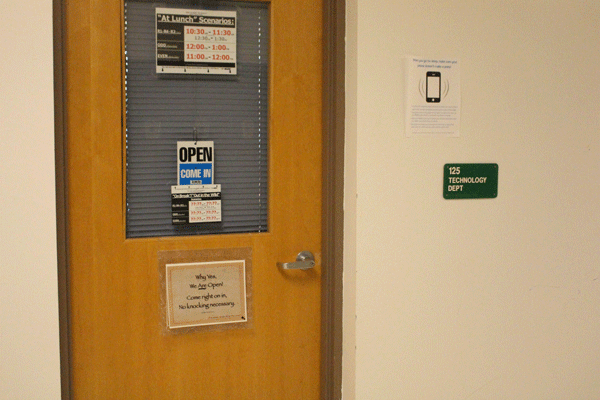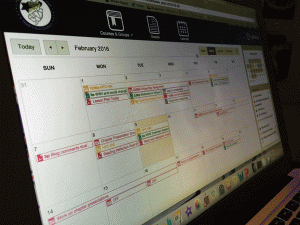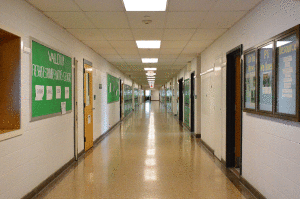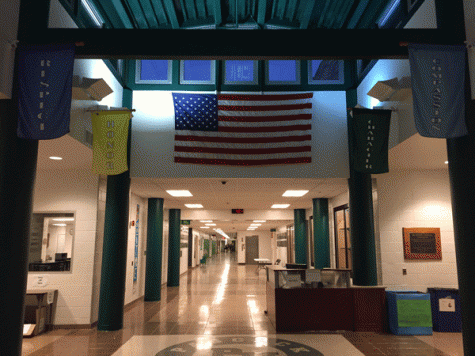Letter to the Editor: Virtual days not quite a “success”

Due to technological issues, some students were not able to submit assignments and access the school website during the virtual days.
Editor’s Note: The following letter to the editor was received by The Smoke Signal as a direct response to the article, “Virtual day data points to overall success.” Any letter to the editor can be submitted to The Smoke Signal through the button “Submit a Letter” at the top of the webpage.
Dear Editor,
Contrary to what was previously stated, Pascack Valley Regional High School District’s Virtual Days were not a complete success. While they did achieve the goal of providing students and staff with a “change of pace” midway through the year, the term “success” cannot yet be given to this innovative school experience presented by the administration.
The Virtual Days consisted of students completing assignments on their school-issued laptops and turning them in online before 12:00 p.m. Held on the Tuesday and Wednesday of the week of Feb. 1, students missed two block days of classroom instruction time and instead spent them working on their laptops from home.
As a Pascack Valley student, I missed a block day of two AP classes, courses which are time sensitive. AP courses are full year classes that consist of a college level curriculum and an end-of year assessment. If my classmates and I perform well on the AP test, we may be able to receive college credit. These assessments are taken in May and we must have completed and learned all the material by that time.
Now, because of the virtual days, our classroom instructional time was lost and we are slightly behind on material, as my teachers were not able to properly introduce new topics that are presented on AP tests. My classmates and I are now behind and will not be able to perform as well on these tests as we would have without the virtual days. These two days that were meant to give us a “change of pace” may prove to be detrimental to my education. The value of having a professional educator instructing in real time in their field of expertise cannot be replaced by any virtual environment.
Students lost valuable instruction time with teachers, and while we were assigned work to do on the laptops, I did not feel that it was the equivalent of a school day. The work we were asked to perform did not provide us with new information; it was, for the most part, review. Pascack students not only lost instructional time in all their classes but these virtual days also took place on block days, so we missed the two most important days of the week when we typically learn the most material.
Most of the homework given by teachers in the schools is already online: students turn in assignments online, have online discussions, write essays on their laptops, and participate in other online activities. This virtual day did not give students any “new” experiences in educational technology.
School-issued laptops used to complete and submit were also not functioning properly during the virtual days. I, as well as other students, experienced problems that we never experience at school; there were network problems and we were not able to submit work or even access the school website.
Furthermore, students were left by themselves in their homes with absolutely no adult supervision during school hours. Many were able to do as they pleased and engaged in activities that would not be allowed during school.
Virtual days cannot replace a day of school where students receive instruction from teachers. Technology is meant to supplement and enhance education, not replace the experience of a classroom.







